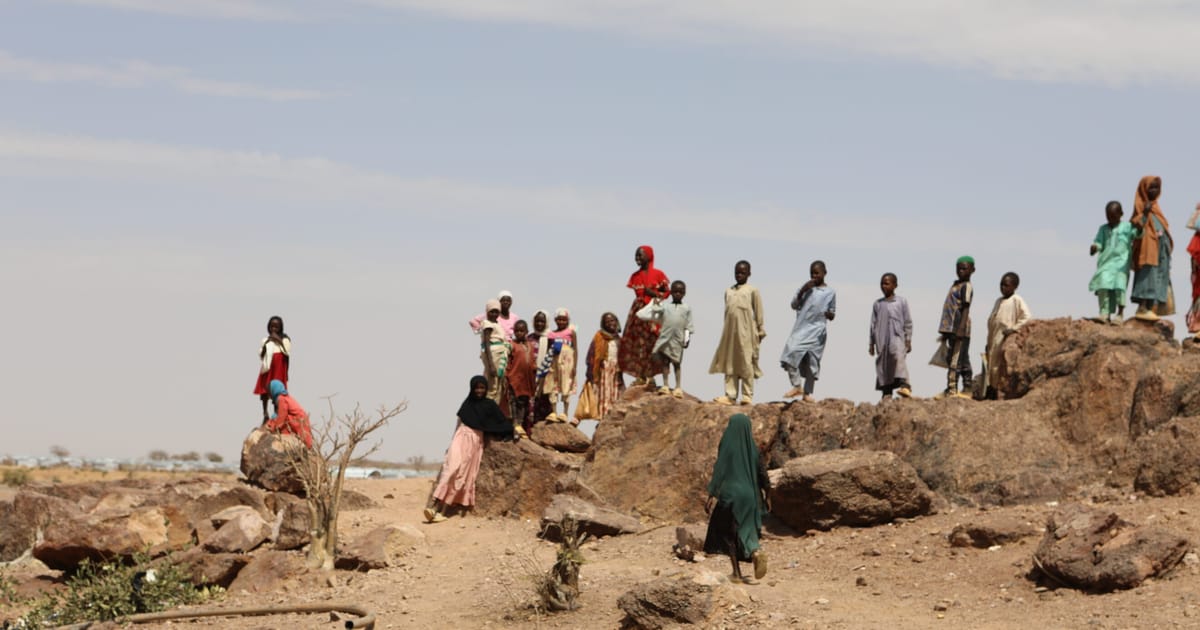The U.N.’s humanitarian work with partners is more important and complex than ever — not just in terms of saving lives, but also stabilizing communities and countries. And what we do in Chad does matter to those in Chicago, Copenhagen or Canberra, even if it’s far.
Within days of the Sudan conflict starting, for example, UNHCR and partners were deploying to the borders, finding ways through. U.N. logistics have been built over time and currently outstrip the abilities of the private sector and state agencies to reach those in need — whether via the U.N.’s Humanitarian Air Service, or trucks and ships from supply warehouses in regional hubs. And the work is complicated: Solutions require time, planning, local agreements, negotiating access, procuring aid and stretching budgets. In addition to that, logistics are expensive, as remote areas are sometimes only reachable by air — and Sudan has 7,000 kilometers of borders.
Even through political storms, the work continues. In Ukraine, UNHCR provides cash, housing and relief items. In Afghanistan, we reached 29 of 34 provinces last month with protection, shelter kits and essential winter items for women and children. U.N. agencies specializing in refugees, food, health and children work through local organizations, via structures and relations that have been built over decades, supporting host communities.

Humanitarian work can also be exceedingly dangerous and stressful, and aid workers make enormous sacrifices — away from their families, working in dangerous conditions that can shorten life expectancy. UNHCR personnel were victim to more than 450 security incidents last year. For our sister agencies, losses can be much greater.
Yet, our funding model is creaking. Last year, UNHCR was only able to raise half of what it needed for basic planned programs. We face impossible decisions to meet the greatest demand we’ve ever seen.
This year’s outlook is even bleaker, with costs rising everywhere. So, we have been cutting — our own staff, the vital aid we offer: cash for Syrian refugees in Jordan, female hygiene kits in Uganda, protection monitors in the Democratic Republic of the Congo … The human costs are immediate.







